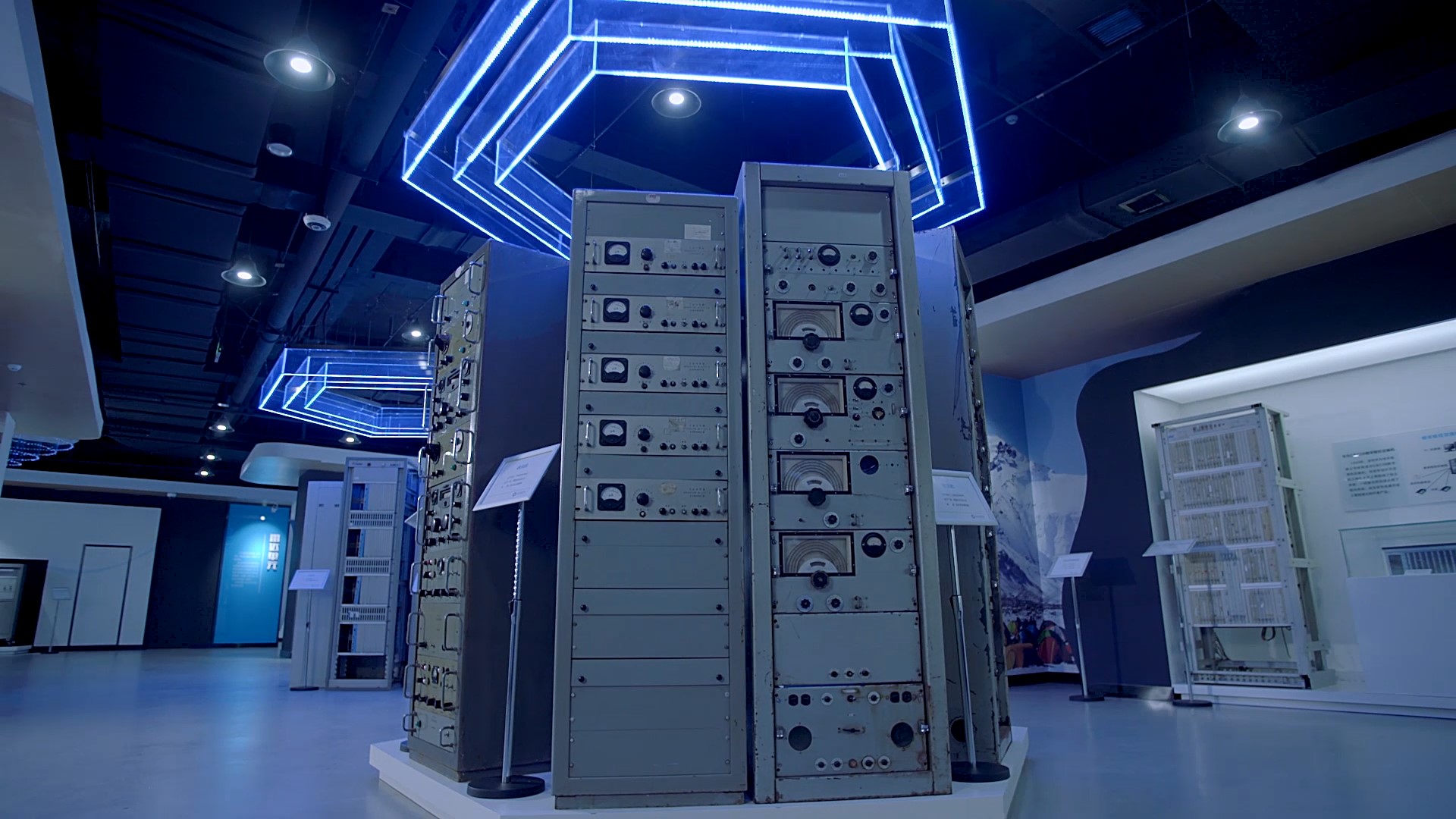
- This event has passed.
Joint Conference ICOM CIMUSET-CIM-CIM
04/02/2020 - 06/02/2020
Playing and operating: functionality in museum objects and instruments
4-6 February, 2020
Cité de la Musique – Philharmonie de Paris, France
See final program here.
CALL FOR PAPERS
Deadline for submissions: 22 October 2019
Museum collections are formed by selections of objects that represent snapshots of the complexity of the world at different times. As such their value resides as much in their physical supports, as in
the representation of the cultural networks of meanings and interactions of which they were part.
For some types of objects, this includes a particularly strong ‘performative’ element, where the object is a tool to accomplish an action: musical instruments, vehicles, clocks and watches, machinery and objects of science and technology are few of the most obvious examples.
For decades, museum approaches have been divided between emphasizing the preservation of the material support of the object, and preserving its capability to operate, for reasons that include
dissemination as well as research. The use of alternatives, such as replicas and digital modelling has also been explored, sometimes controversially, and few attempts have been made at producing
guidelines for the care and preservation of few among these types of objects.
This conference aims at offering a platform to discuss and compare current approaches the preservation, and interpretation of functional objects, comparing practices across collections, institutions and countries. It is hoped that, by highlighting overlaps and differences, it will be possible to develop a greater understanding of the practical and ethical reasons that inform different policies and that the outcomes of the conference will prepare the ground for a common set of guidelines that might build on the cross-disciplinary experience provided by a variety of objects that present common challenges.
The conference is particularly open to perspectives from curators, conservators, makers, musicians and all key professional stakeholders dealing with the preservation and interpretation of functional objects across collections.
The conference is jointly organized by the International Committee for Museums and Collections of Musical Instruments and Music (CIMCIM), the International Committee for Museums of Science
and Technology (CIMUSET) of the International Council of Museums (ICOM) and the Cité de la Musique – Philharmonie de Paris. It is generously supported by the International Council of Museums ICOM. The International Council of Museums is an international
organisation of museums and museum professionals which is committed to the research, conservation, continuation and communication to society of the world’s natural and cultural
heritage, present and future, tangible and intangible.
Sub-themes:
1. The ontology of functional objects
It has been widely argued that the nature of an object is transformed as soon as it enters a museum collection. Moreover, most functional objects have undergone changes, repairs, maintenance work
and degradations, either before or after entering a museum collection, which might have transformed the way it operates and its outcome.
How relevant is the preservation of functionality – or the capacity to operate – in faithfully preserving and representing a museum object, and how does it combine with the many conflicting priorities that regulate the life and choices of a museum collections?
2. Interpretation of functional objects
Interpretation and public engagement are traditionally among the main reason to operate functional objects in museums collections, either within the museum galleries or taking them outside of the
museum environment itself. This is often the case with musical instruments, vehicles, trains and several types of objects that would have operated in public spaces before entering a museum.
How can the impact of operating an original object be measured and justified, if at all, beyond the satisfaction of passing curiosity? How reliable is the message conveyed by operating an original and
how satisfactory are possible alternatives such as copies or digital reproductions. Can truly satisfactory alternatives be found, compared to operating originals, which could still deliver a fully satisfactory experience for the visitor?
3. Good practice and risk management
During the last decades, approaches to operating museum objects have greatly changed leading to the production of sometimes contradictory policies and guidelines that reflect the spirit of their time.
Individual museums, sometimes individual conservators, have developed practices and protocols to support informed decision making and risk assessment/management.
Can these policies and approaches be distilled in an overarching approach to operating objects held
in museum collections? Where do they overlap and where are they unique to certain types of
collections? Which policies and practices are currently in place and how effective have they been in
their implementation?
4. Objects functionality in the 21st Century
In the last few years, the rise of virtual object design and physical modelling has created new opportunities and alternatives to reproduce and demonstrate the functionality of objects. These
innovative approaches may question the very reason for making actual objects work.
How is the ongoing digital revolution changing the discussion on instruments playability and objects functionality? Can it provide a satisfactory alternative to understand functional objects? What can
it contribute to the discussion on the usage of functional objects?
Abstracts submission Guidelines:
The following types of contributions are invited:
– Short papers, 10 min. + 5 min. Q+A
– Full papers, 20 min. + 10 min. Q+A
– Posters
Please send an abstract of no more than 300 words and a short CV of no more than 150 words including the following information.
Family name:
Given Name:
Museum/Organization:
Position:
Email:
Please specify if you are a member of: CIMCIM, CIMUSET, ICOM
Please specify if you are proposing a short paper, a full paper, or a poster.
Abstracts must be sent to Mathilde Thomas by midnight (12:00 AM-GMT) 22 October 2019; late entries will not be considered.
Accepted formats are MS, word and .rtf.
All submissions will be vetted by the Review Committee.
Please note that the conference language is English.
It is planned to provide simultaneous French translation.
N.B.: a limited number of travel grants will be available for invited speakers, especially young professionals.
